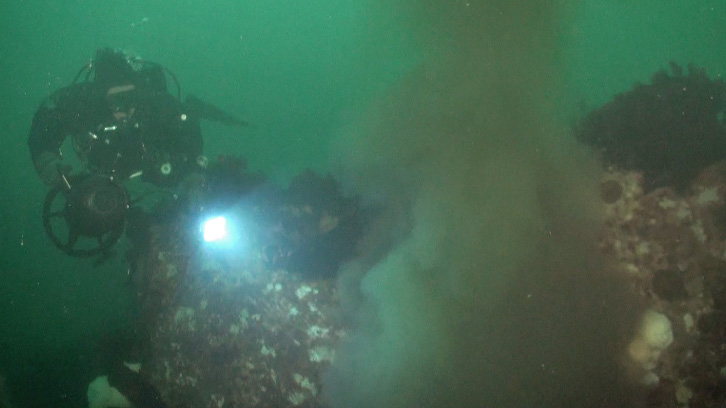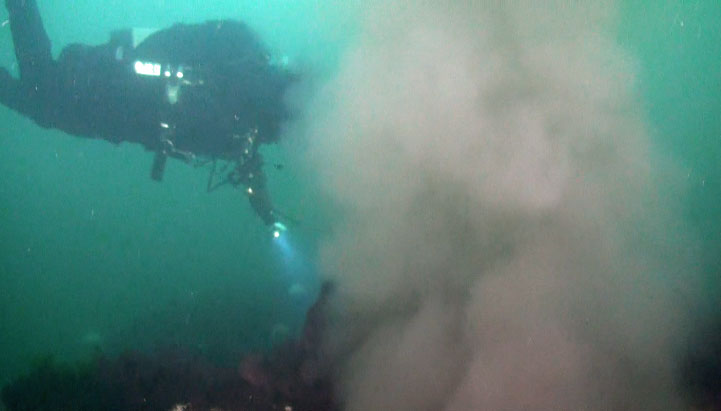Contributed by Thorly James:
I love living within walking distance of Puget Sound – hearing the fog horns and gulls,
knowing there’s a chance I might see whales or seals.
I want to do what I can to protect this beautiful place. I’ve never been a community
activist, but now feel compelled in that direction. I’ve started bringing
a bag and gloves with me on my walks down to the beach. On my first day, just in the
street, there was enough trash (including lots of cigarette butts) to fill my bag before I had even walked a block from my house. I emptied it four times before I made it to the beach.
It got me wondering: what would motivate people; what do they need to know; and what would make it easier to staunch the flow of plastic into the ecosystem? Of the trash in the gyre now known as the “Great Pacific Garbage Patch”, eighty percent originated on land.
What can we do? Properly dispose of trash, and think of ways to generate less of it in the first place.
Many people think cigarette butts are small and harmless – after all, they look like they’re made of cotton. But they’re actually a kind of plastic called cellulose acetate. A used filter concentrates toxins which will leach out into water.
Plastics photodegrade – breaking into smaller and smaller pieces. We may not be able to see them, but they remain plastic molecules, many of which are hormone disruptors. Tiny pieces of plastic concentrate toxins and become poison pills eaten by fish and entering the foodchain.
Toxins and bits of trash from the streets – straws, cigarette butts, bottle caps, broken
plastic – all wash down the storm drains and (here in West Seattle) directly into Puget
Sound.
It can take years, but currents carry trash out to the North Pacific Gyre. The plastic that
floats is mistaken for food by seabirds. Chicks starve to death with their stomachs full of
plastic bottle caps and lighters.
Some thoughts:
Have you heard of the pocket ashtray? Studies have shown that if ash receptacles are
available, cigarette litter will be reduced. Could some cigarette tax money go to pay for
purchase (and maintenance) of ash receptacles in public places? Perhaps pocket ashtrays could come packaged with cigarettes?
How about a plastic bottle and plastic lid deposit fee? More problematic because of
potential cleanliness and health issues, what about a cigarette filter/butt deposit?
Want more info? http://preventcigarettelitter.org/
http://planetgreen.discovery.com/slideshows/travel-outdoors/chris-jordan-midway-
birds.html
Do you have some ideas or want to help me launch a litter reduction campaign? Please
contact me at lovelylorax@gmail.com



